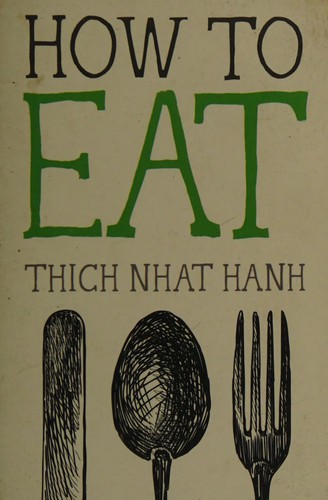Fionnáin quoted Plants by Numbers by Jane Prophet
If the childhood game of “playing house” was instead focused on “playing river,” the main characters would no longer be humans. In the art installation River Construct, the assembled players are plants, worms, bacteria, people, a rabbit, and a solar-powered water pump and timer system. Just as in outdoor rivers, the plants ate sunlight and minerals, animals ate plants, worms and bacteria ate the waste from animals and plants and produced their own waste, which is actually nutritious food for plants, which circulates through the water as nutrients, and so on. Humans are not necessary for the functioning of actual rivers, but in this indoor mini version they were needed as maintenance workers and as admirers.
— Plants by Numbers by Helen V. Pritchard, Jane Prophet (Page 46)
From Chapter 3: As Children of Plants, We Play in Our Machine Gardens by Amy M. Youngs, describing one of their artworks.
















